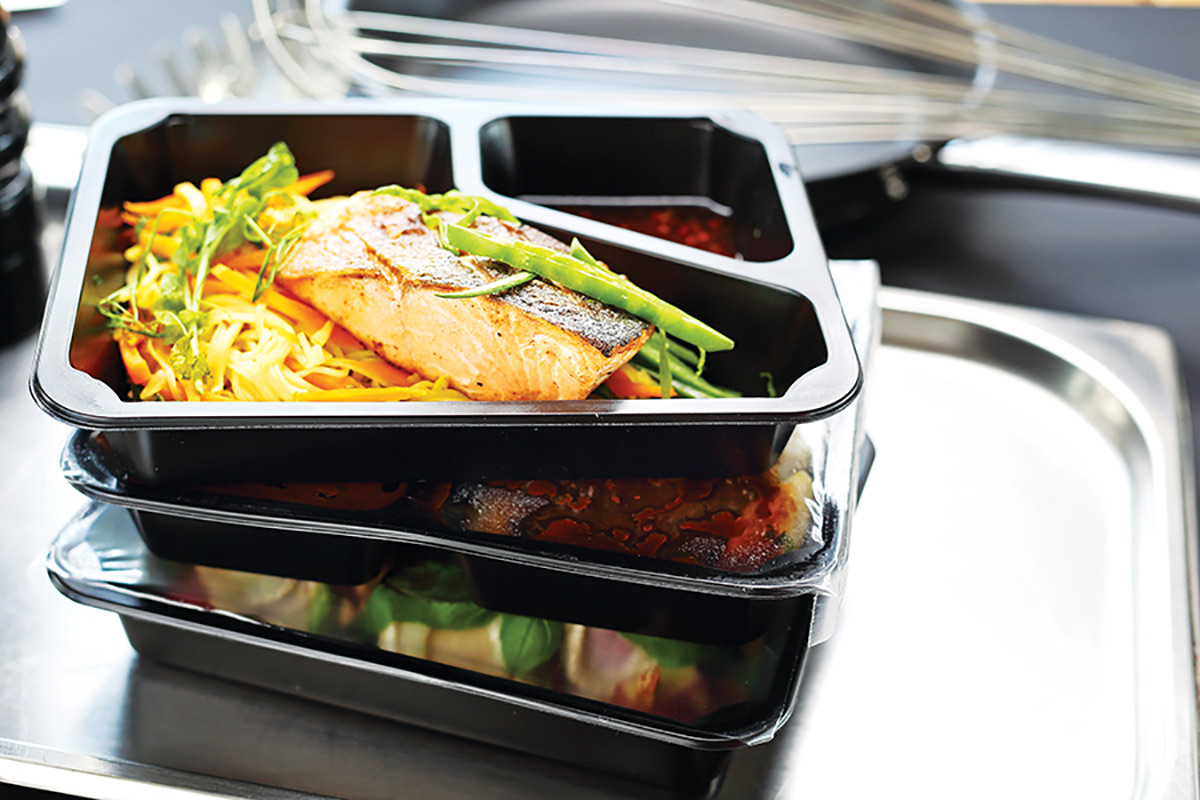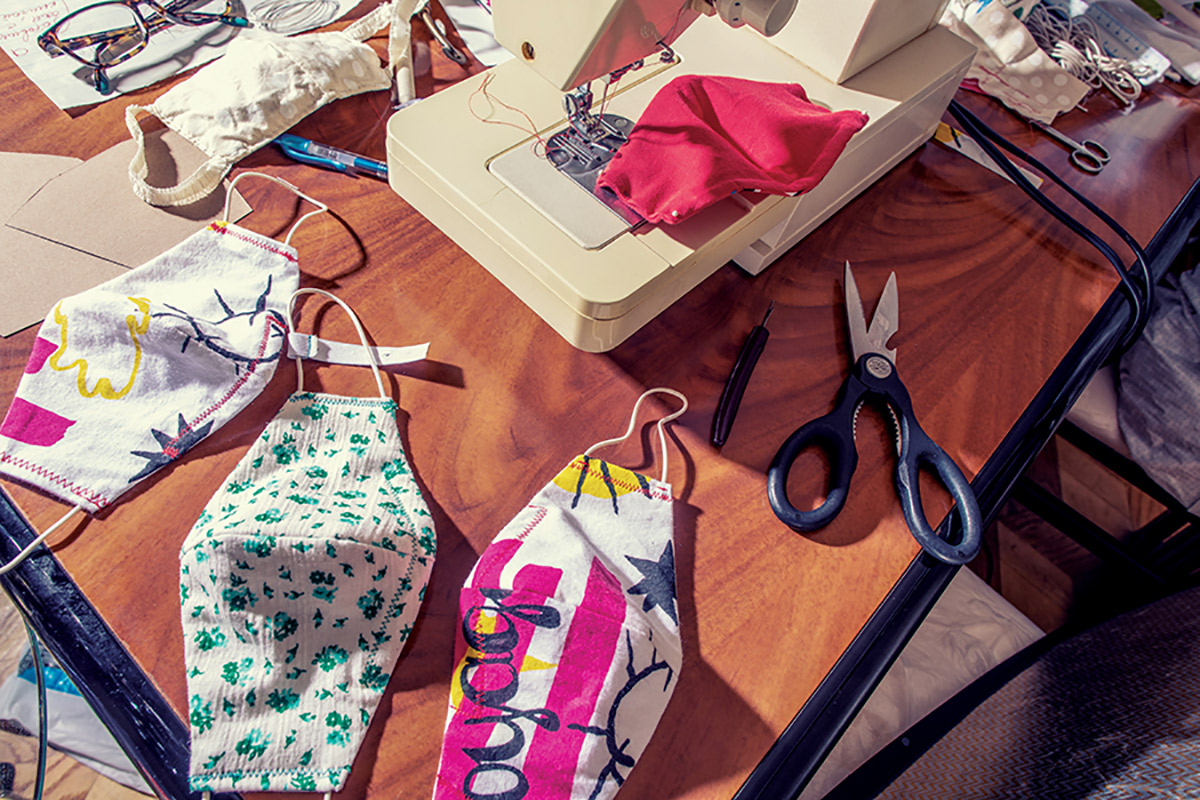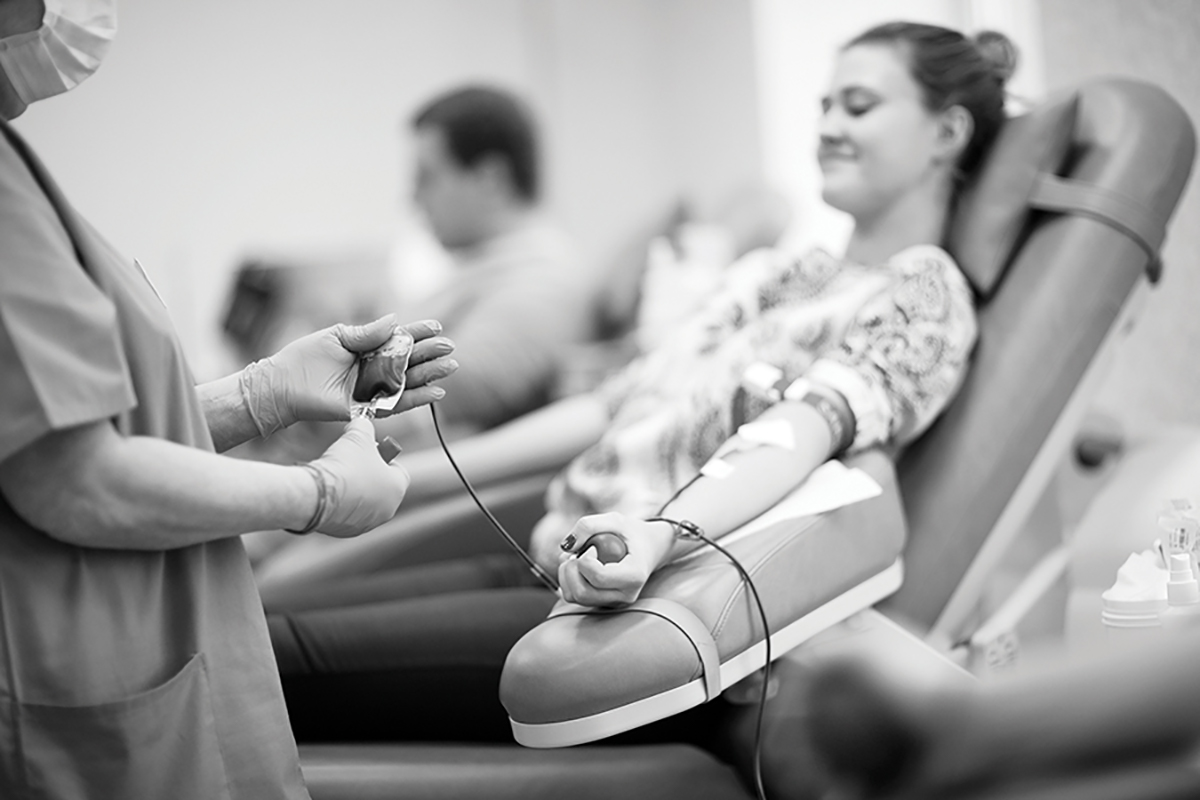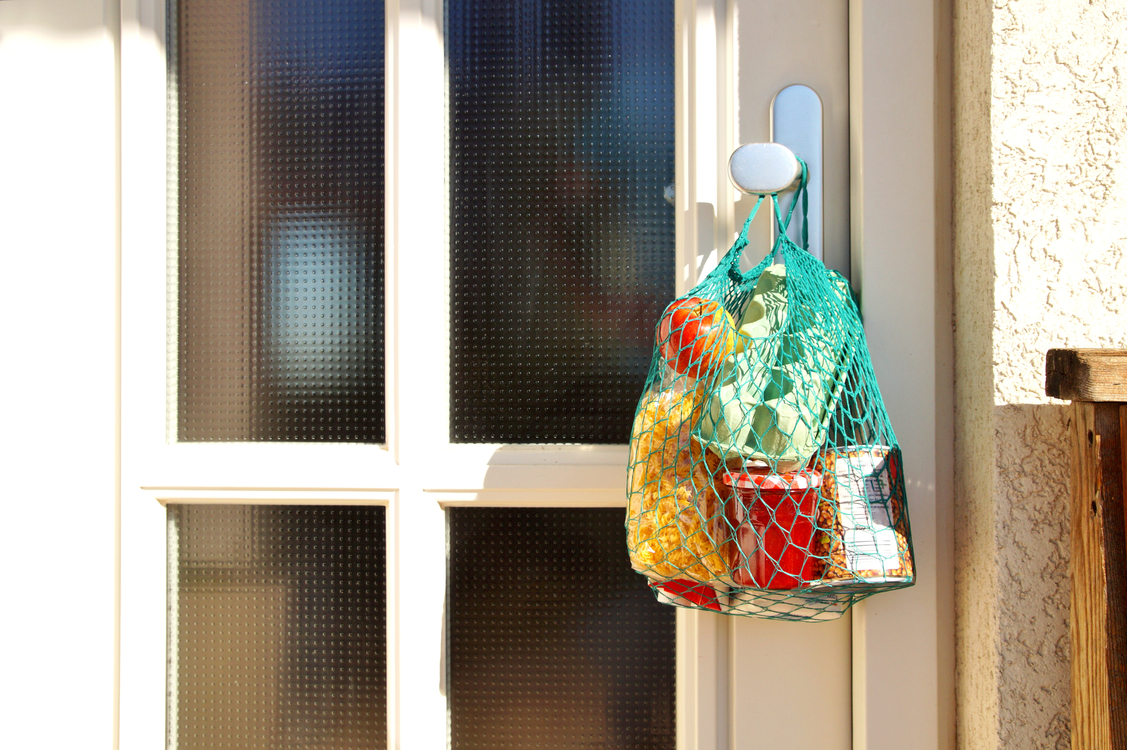The COVID-19 crisis has many of us feeling lonely and helpless while we keep isolated away from each other. But North Shore residents aren’t just generous; they’re also ingenious, coming up with ways to help each other and frontline workers while staying safe, whether it’s raising money, providing meals, or sending birthday wishes. Want to be a part of it? Here are 10 ways to give back while staying home.
Editor’s Note: This article originally ran in mid May, 2020.
1. Smile for the camera
Since March 31, Erinn Powers, owner of Erinn Kiley Photography in Beverly, has been snapping family photos (from a safe distance) of Beverly families on their front porches. Families donate to the charity of their choice in exchange for a five-minute photo session and one high-resolution image. By mid-May, Powers had photographed more than 250 families who have collectively donated more than $20,000. “I’m amazed by the response that I got,” she says. “People want to give back.” erinnkileyphotography.com
2. Donate to Emmaus
In addition to monetary donations, Emmaus, Inc., in Haverhill is looking for specific in-kind donations to help respond to its shelter needs during the pandemic. The most important step? Call before you come to make sure your donation meets their needs, says Denise J. Arnold, volunteer and gifts in-kind manager. Ideas might include donating freezable main dishes to feed 30 people and newly purchased, individually wrapped, self-service foods like fruit cups, juice boxes, and single-serving cereals. emmausinc.org

3. Sailing Heals Meals
With its sailboat outings for cancer patients temporarily halted, the Salem-based nonprofit Sailing Heals has joined the Martin Richard Foundation to launch Sailing Heals Meals, which feeds frontline workers meals from local restaurants. “In the past three weeks, we have already fed nearly 700 hospital workers,” at institutions like North Shore Medical Center Salem, Chelsea Mass MGH, and Lynn Health Center, says Sailing Heals cofounder and executive director Trisha Gallagher Boisvert. Donate online: Just $30 pays for two meals and $250 pays for 15 meals. sailingheals.org/event/sailing-heals-meals/
4. Bagels for a cause
Front-line healthcare workers are hungry, and Hunter Tuccio, owner of The Bagel Shop, with locations in Beverly Farms and Wenham, is feeding them, thanks to a program where customers buy a bagel sandwich and bag of chips for frontline workers at local hospitals. As of early May, he’d delivered more than 1,000 meals to workers at eight hospitals, and expanded the program to include pizza from Panini Pizzeria in Danvers and cookies from Flour(ish) Bake Shoppe in Beverly. “What people really love is that they’re able to provide to the hospital at a time when hospitals can’t accept donations from random people,” Tuccio says. Follow the “donate” tab online or add a donation onto your own order. thebagelshop.co

5. Make masks
SPUR, the volunteer action group in Marblehead, has mobilized North Shore volunteer sewers who created and distributed more than 400 hand-made masks for frontline workers in just over a month. Recipients include staff at Lafayette Rehabilitation in Marblehead, seniors at the Swampscott Senior Center, home health aides, and many others, says SPUR founder and executive director Jocelyn Cook. spur.community/help-sew-masks
6. Help a neighbor
SPUR is also matching volunteers with requests for assistance in tasks like grocery delivery, dog walking, and regular phone pal check-in. Cook says SPUR created a COVID-19 Response tab on its website to allow Lynn, Marblehead, Salem, and Swampscott residents to submit a request for assistance, and volunteers can sign up to help (use the COVID-19 Response tab online). spur.community
7. Feed the Frontlines
Feed the Frontlines Northshore, raises money—more than $43,000 as of mid-May—and partners with North Shore restaurants to provide hearty, healthy meals to frontline workers at North Shore medical facilities. It’s the brainchild of physician Julie Clifford Smail, MD, of Hamilton, her sisters Christina Comparato and Lisa Vassar, and their cousin Kim Hamilton. “The goal is to sustain them for a 12-hour shift,” Clifford says, adding that the program will continue as long as they can fund it. “As our communities think about reopening, hospitals are still saturated. Their problems aren’t going away, and the need for support is not ending.” feedthefrontlinesnorthshore.com

8. Participate in a birthday brigade
Drive-by birthday parties have become commonplace in the age of social distancing, but rarely are they as organized as they are in Plaistow, New Hampshire. That’s thanks to the Plaistow Area Birthday Brigade Facebook page, where residents post birthday parade requests, organizers facilitate meeting times and places, and even the police and fire departments join in on the fun. “We’re doing this for the community, not just people who are having a birthday,” says Sarah Ommen, the page’s organizer and founder. “It gives them something to look forward to every day. It’s great for people to have an outlet to bring happiness for themselves and for their kids.”
9. Don’t forget the pets
Because of the pandemic, day-to-day operations have stopped at Northeast Animal Shelter in Salem, and no adoptions are taking place. However, the needs are still there. “We are mostly in need of cat and dog food, both dry and wet, for our community pet food bank,” says volunteer manager Becca Toltz. “We are helping local shelters and those in need in the community who cannot feed their pets at this time.” She also says that cat foster families are needed. “Our biggest suggestion for helping at this time is to donate, check on your neighbors, and fill out our online foster application if you are able to foster,” she says. northeastanimalshelter.org

10. Give blood
Social distancing is threatening the nation’s blood supply. According to the Red Cross, more than 15,000 Red Cross blood drives have been canceled across the country, resulting in about 450,000 fewer blood donations as of April 7. The Red Cross encourages donors to give and drives to continue, and notes increased safety protocols, such as requiring masks, staff and donor temperature checks, providing hand sanitizer, and following social distance guidelines. redcross.org/give-blood

